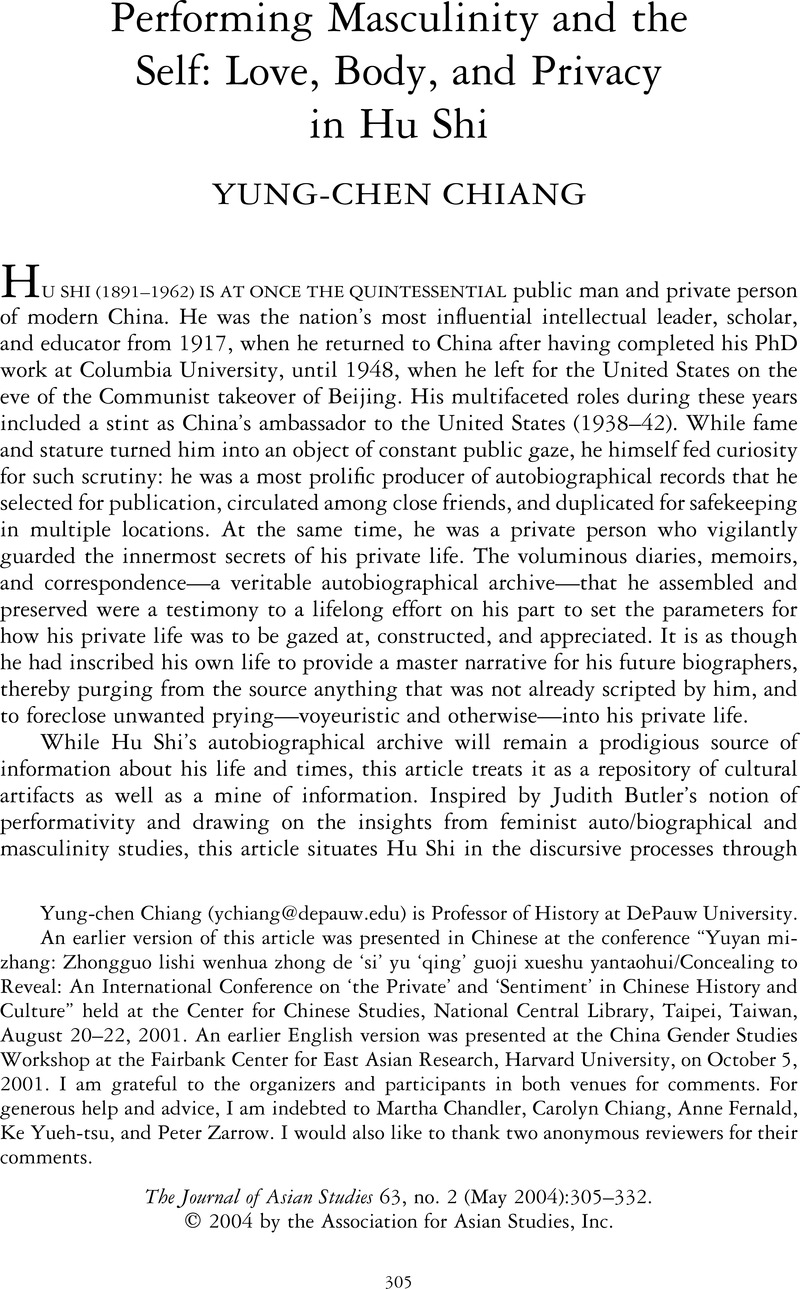Crossref Citations
This article has been cited by the following publications. This list is generated based on data provided by Crossref.
Haugerud, Angelique
Mahoney, Dillon
and
Ference, Meghan
2012.
WatchingThe Daily Showin Kenya.
Identities,
Vol. 19,
Issue. 2,
p.
168.
Joubin, Alexa Alice
2023.
Shakespeare’s Global Sonnets.
p.
161.



